Recruitment Challenges in the Spa Industry and How to Overcome Them
The serene ambiance of spa businesses often belies the challenges that recruiters face in attracting and retaining top-tier talent. The spa industry, with its focus on holistic well-being and personalized client experiences, demands a unique set of skills and qualities from its professionals. This blog dives deep into the recruitment challenges specific to the spa industry and provides actionable insights on how to overcome them, ensuring that spas can assemble teams that not only meet but exceed the expectations of their clientele.
1. Specialized Skill Set Requirements:
Challenge: Spa professionals require a specialized skill set, from massage therapy techniques to knowledge of skincare and wellness practices. Identifying candidates with the right expertise can be challenging.
Solution: Develop targeted job descriptions outlining specific skills needed. Implement practical assessments during the recruitment process to gauge candidates’ hands-on abilities.
2. High Turnover Rates:
Challenge: The spa industry often grapples with high turnover rates due to factors like seasonal demand and burnout. Frequent turnover can disrupt the client experience and strain team dynamics.
Solution: Implement retention strategies such as mentorship programs, ongoing training, and wellness initiatives. Conduct exit interviews to understand reasons for turnover and address them proactively.
3. Limited Talent Pool:
Challenge: The pool of qualified spa professionals can be limited, especially in niche areas like Ayurveda or specialized bodywork. Finding candidates with unique skills may require a more extensive search.
Solution: Foster relationships with spa schools, industry associations, and international networks. Consider offering training programs to develop skills internally, expanding the talent pool.
4. Industry Perception and Compensation:
Challenge: The spa industry may face challenges in attracting top talent due to misconceptions about job stability and compensation. Professionals may seek higher salaries in other industries.
Solution: Build a compelling employer brand that highlights career growth opportunities, positive work environments, and competitive compensation packages. Emphasize the long-term benefits of a career in the spa industry.
5. Balancing Technical and Soft Skills:
Challenge: Spa professionals need a delicate balance of technical expertise and soft skills for client satisfaction. Finding candidates who excel in both areas can be challenging.
Solution: Incorporate scenario-based interviews and practical assessments to evaluate both technical and interpersonal skills. Provide ongoing training to enhance soft skills like communication and empathy.
6. Cultural Fit and Client Interaction Skills:
Challenge: Spa professionals must align with the spa’s culture and excel in client interactions. Ensuring a cultural fit and exceptional customer service skills is crucial.
Solution: Conduct thorough interviews to assess cultural alignment. Utilize role-playing exercises to evaluate how candidates handle client interactions. Prioritize candidates who align with the spa’s values.
7. Adapting to Changing Wellness Trends:
Challenge: The wellness industry is dynamic, with trends evolving rapidly. Recruiting professionals who stay updated on emerging wellness practices can be challenging.
Solution: Prioritize candidates with a commitment to continuous learning. Offer ongoing training programs and encourage professionals to stay informed about industry trends.
8. Regulatory Compliance and Certification:
Challenge: Spa professionals often require specific certifications and must adhere to regulatory standards. Ensuring compliance and verifying qualifications can be time-consuming.
Solution: Implement thorough background checks and verification processes. Stay updated on industry regulations and communicate clearly about certification requirements during the recruitment process.
9. Diverse Clientele and Cultural Sensitivity:
Challenge: Spas often cater to diverse clientele with varying cultural backgrounds. Recruiting professionals who are culturally sensitive and can provide inclusive services is crucial.
Solution: Prioritize diversity and inclusion in recruitment. Assess candidates’ cultural competency during interviews and provide training on inclusive practices.
10. Limited Technology Integration:
Challenge: Some spas may lag in technology adoption, impacting recruitment processes. Manual procedures can slow down hiring and communication with candidates.
Solution: Integrate modern technologies, such as applicant tracking systems (ATS) and virtual interviews. Streamline communication through digital platforms to enhance the efficiency of recruitment.
Recruiting in the spa industry poses unique challenges, but with strategic approaches, these challenges can transform into opportunities for growth and excellence. By understanding the nuances of spa recruitment, fostering a positive work environment, and implementing targeted strategies, spas can build teams that not only meet but exceed the expectations of their clients, ensuring a harmonious and thriving wellness experience.


